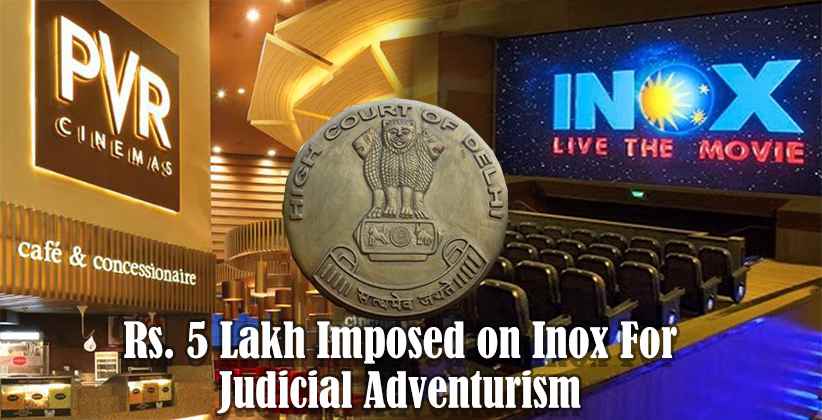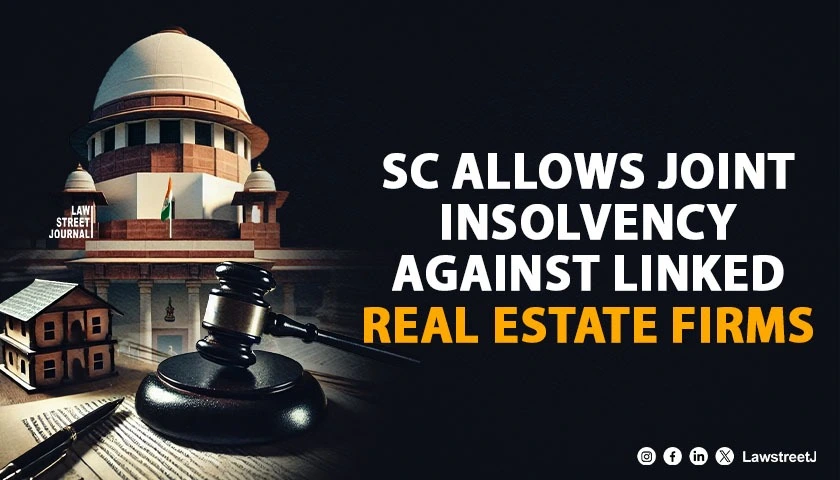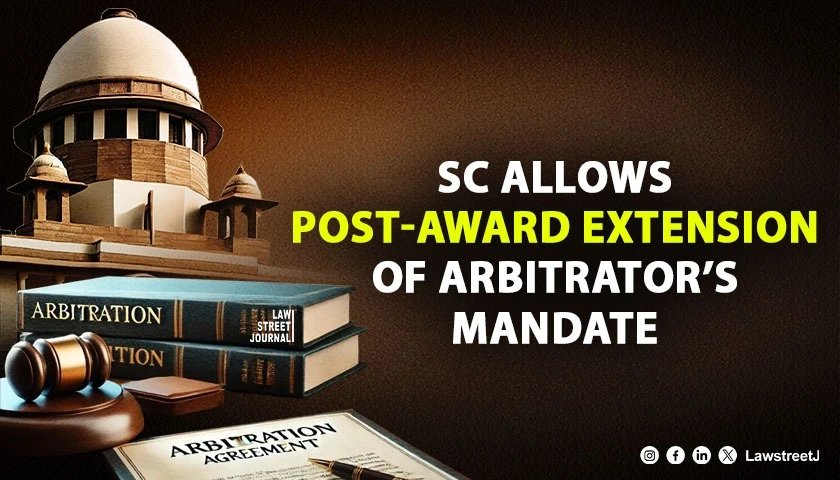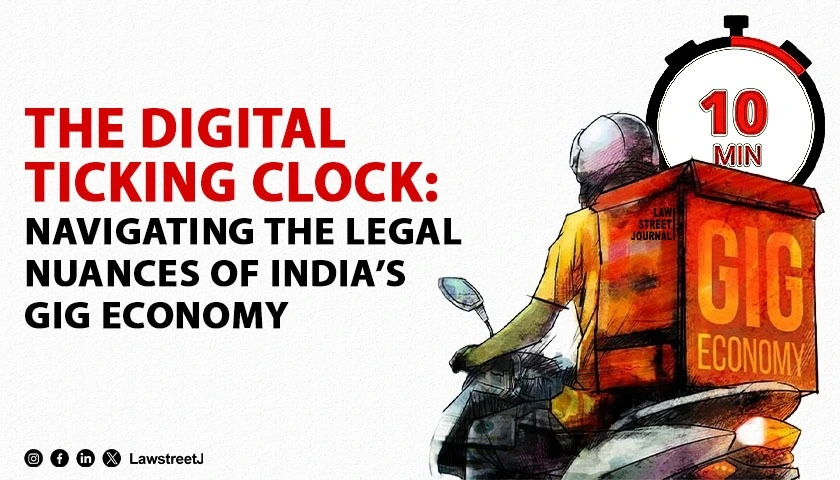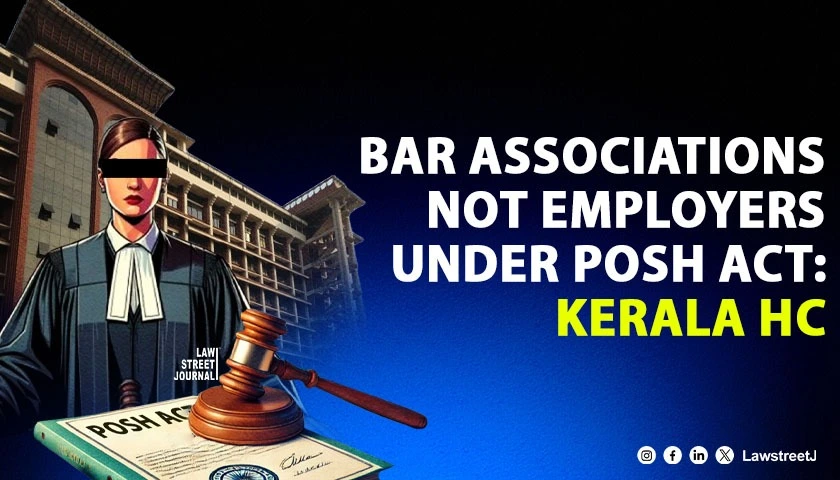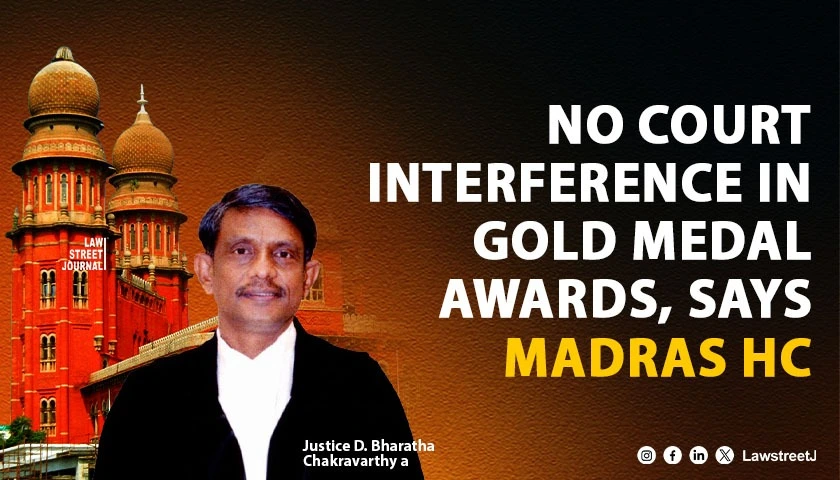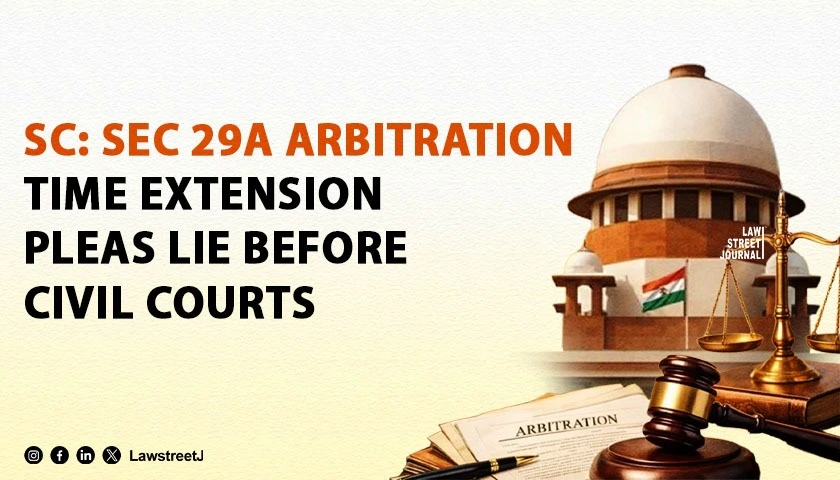A single Judge Bench of Justice Rajiv Sahai Endlaw of the Delhi High Court has imposed a cost of Rs 5 lakh on INOX Leisure Limited for indulging in judicial adventurism in connection with a suit against PVR on May 18, 2020. Inox Leisure Ltd. and PVR Ltd. are a market competitor in running and operating multiplex cinemas.
Background of the case:
In 2017, the plaintiff (Inox) had entered into negotiations with the developer of the property at Amritsar, for a long-term agreement concerning the property and held various meetings with the said developer. The defendant (PVR) was also negotiating with the said developer for entering into an agreement/arrangement with respect to the property under development. Subsequently the plaintiff entered into a binding term sheet with the developer whereunder the developer agreed to lease the said property to the plaintiff for 15 years.
The plaintiff had already paid a security deposit and had started to make investments in the project. The plaintiff alleged that that the defendant was actively pursuing the developer for entering into an agreement for the same property, even though the plaintiff had already executed a binding term sheet to the same effect. The plaintiff further stated that the defendant was inducing the developer to breach the binding term sheet with the plaintiff.
After this, the plaintiff claimed that the developer informed the plaintiff that the term sheet stood automatically terminated on account of the plaintiffs failure to execute the main Transaction Document within the stipulated time. As a relief, the plaintiff had prayed that the defendant be restrained from inducing breach of contract concerning the Amritsar property and also from doing so for other properties in which the plaintiff has existing contracts or may have contracts in future.
After laying down the facts, the Court immediately noted as follows:
it appears that the suit as framed is directed not only against the defendant but also against others who have not been impleaded. During the hearing, it emerged that besides the plaintiff and the defendant there are only one or two others carrying on the same business but on a much smaller scale than the plaintiff and the defendant. The effect of granting the injunction as sought against the defendant, would be that the defendant even if has entered into agreements with the developer/owner of the Amritsar and Juhu, Mumbai properties, would be unable to proceed under the said agreements, leaving the developer/owner aforesaid in a lurch with respect to their properties meant for running and operating multiplex cinemas and who will have no option but to accept whatever commercial terms the plaintiff offers. Such damage is also sought to be inflicted on the owners of other multiplex properties across India, without affording them even an opportunity to be heard.
The defendants argued that impleadment of a necessary party is mandatory and in the case of non-joinder of a necessary party, the plaintiff may not be entitled to the relief sought. To this and by relying on J.S. Yadav Vs. State of Uttar Pradesh (2011) 6 SCC 570, the plaintiff argued that the suit cannot be defeated for the said reason and the Court always as held in Yusuf Mohamed Lakdawala Vs. Sudhakar Kashinath Bokade 2007 SCC OnLine Bom 939 has the option to implead the party.
The Court concluded that,
It is not for the Court to make out a case for the plaintiff by impleading such owners as parties to this suit.
Summarising the law with respect to contracts, immovable property and specific performance (codified in the Indian Contract Act, 1872, Transfer of Property Act, 1882 and the Specific Relief Act, 1963), the Court states:
that any right in immovable property, whether by way of sale or lease, can be transferred or created only by a registered document and in the absence of registration, the deed of sale even if executed, at best constitutes an agreement to sell and the deed of the lease even if executed with the delivery of possession, at best is a lease from month to month, terminable by a 15 days notice; a deed of the lease even if executed and registered, but without delivery of possession, entitles the lessee only to sue for possession; an unregistered deed of lease, even if executed, till delivery of possession does not constitute a month to month lease even and at best can be construed as an agreement to lease; (ii) an agreement to, in future, create a right in immovable property by way of sale or lease, confers on the agreement purchaser or the proposed lessee, only a right to seeks specific performance and does not confer any right in the immovable property subject matter thereof
The Court held that the plaintiff had without any demur accepted refund of the security deposit paid with respect to the Amritsar property, signifying its acceptance of the termination of the arrangement, whatsoever it was with the developer of the said property. The Court also noted that in the absence of the developer/owner of the properties at Amritsar, who is a necessary party, the suit cannot be determined and hence liable to be dismissed.
In the end, the Court held that,
I reiterate that the grant of injunction claimed by the plaintiff on the premise of the actions of the defendant comprising a tortious act of interference with contractual relations of the plaintiff, would be in violation of the fundamental right of the defendant, its promoters and directors to carry on trade and business, without any law having been enacted by the State in this respect in the interest of general public, within the meaning of Article 19 (5) of the Constitution of India. The law as enacted entitles the plaintiff in such case to the reliefs of specific performance if entitled thereto against those with whom the plaintiff has contractual relationship and with which contractual relationship the defendant is alleged to be interfering. The plaintiff cannot be permitted to expand its remedies beyond that provided for in law.
The Court also imposed costs of Rs.5,00,000/- payable to the defendant for indulging in judicial adventurism.

